Part one of this review is here
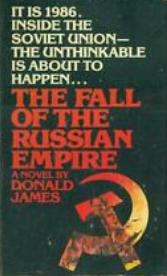
The former Soviet Union. It’s a short phrase that became commonplace after 1991. The phrase —and its abbreviation, FSU— cropped up in policy papers and elsewhere from that date on, and still does.
Did its first use appear in Donald James’s The Fall of the Russian Empire in 1982, almost a decade before the Soviet Union was former?
The plot of The Fall of the Russian Empire builds a scenario of workers’ unrest in the self-proclaimed workers’ state. The dissatisfaction of the workers swiftly turns into physical resistance to the Soviet regime and allies itself with nationalist sentiments amongst the republics that make up the Soviet Union.
The novel’s opening scene describes a workers’ demonstration in Leningrad in 1986. There are clear echoes of what was happening in Poland at the time that Donald James wrote The Fall of the Russian Empire, namely the success of the independent trade union Solidarność (Solidarity) in forcing concessions from the Communist government.
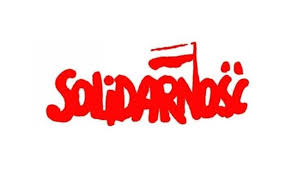
A Russian version of Polish Solidarity leader Lech Wałęsa makes a confident and eloquent speech to the crowd that has gathered at the Blue Bridge
Comrade citizens of this Hero City, our protest tonight is on behalf of all who are suffering at the hands of the distant bureaucrats who run our lives. It is on behalf of the women who spend hours of every day of their lives standing in line for such luxuries as a light bulb or a packet of washing powder. It is on behalf of their husbands unable, for fear, to raise their voices against the corruption of official trade union leaders with their dachas, their whores and their Western clothes. It is on behalf of the young people of Leningrad for whom there is no future unless they are prepared to join the very ranks of the corrupt bureaucrats themselves. But most of all this protest, the first I promise you of many, is on behalf of the men, our work comrades, illegally exiled or enslaved for claiming those very rights that are guaranteed to us by the Soviet Constitution …
The Fall of the Russian Empire, p. 11
At the outset, Donald James situates the leaders of the protest within the camp of the reasonable, constitutional dissidents; those who did not make overtly illegal demands in the Soviet context but on the contrary appealed to the Soviet state to observe the Constitution that it itself had instituted.
That early demonstration is brutally broken up, but the workers’ movement is not easily defeated. Spread across the Soviet republics, it intertwines with nationalism. One young Russian worker explains things to the novel’s main heroine
‘Zoya’, he said, ‘surely a man can love Russia and despise the Soviet system’. I suppose I must have looked as stunned as I felt. Was it really possible that those two thoughts could exist together?
The Fall of the Russian Empire, p. 18
The novel’s form —a history from after the event, made up of a compilation of accounts and memoirs— enables its author to portray a range of perspectives from different character types.
There are, as noted, the protesting workers.
There is an outwardly loyal Soviet official who becomes increasingly disillusioned.
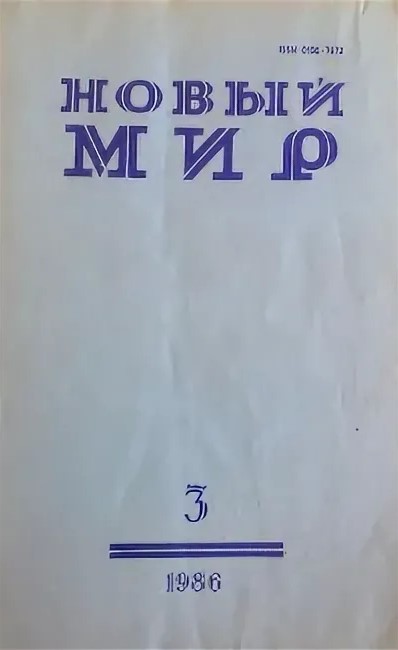
There are the different types of dissidents, such as a Solzhenitsyn-esque author who wants nothing to do with the regime, and a semi-detached poet who affects to be a critic whilst holding on to those privileges which come with his position as editor of a literary journal.
There are several Western diplomats, including a British one who engages with the underground gay scene in Moscow. (For another fictional portrayal of a gay British diplomat in Moscow during the final decades of the Soviet era, see Sarah Armstrong’s Moscow Wolves trilogy; two published so far, The Wolves of Leninsky Prospekt, and The Starlings of Bucharest).
And there is the Soviet leadership, riven between those who want continuity after Brezhnev and admire Stalin’s firm hand, and those who recognise the need for reform. Donald James makes the leader of the latter faction that rarest of phenomena in Soviet high politics, a woman.
Here at Russia in Fiction, we first read The Fall of the Russian Empire at least a couple of decades ago. Reading it again in the second decade of the 21st century, whilst more impressed than ever with its facility to forecast, we found ourselves less enamoured with it as a novel than first time round. And surprisingly so, since Donald James is a terrifically readable writer —notably, in his Russia-set Inspector Vadim trilogy (Monstrum, The Fortune Teller, Vadim), and the two volumes of memoirs of his wartime London childhood that he wrote in the last years of his life under his full name of Donald James Wheal.
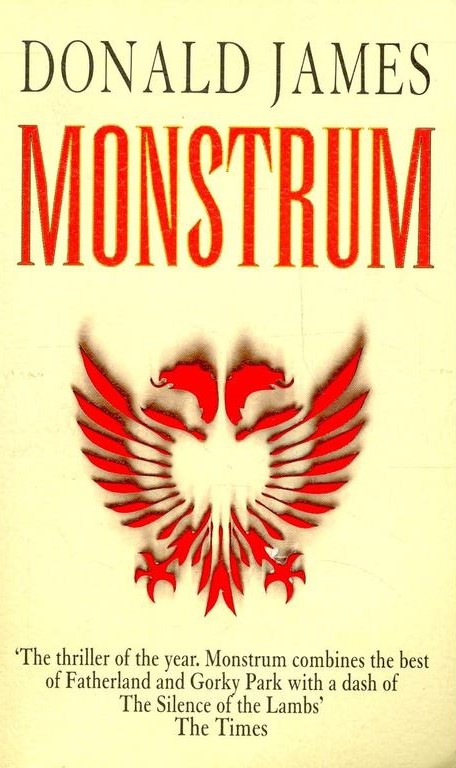
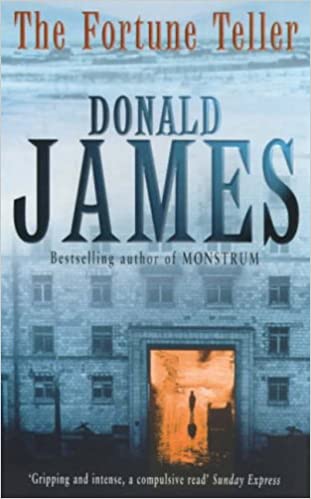
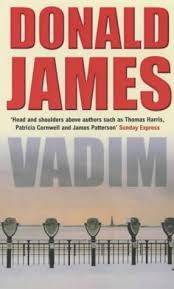
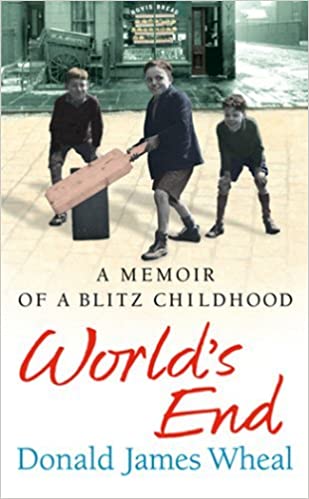
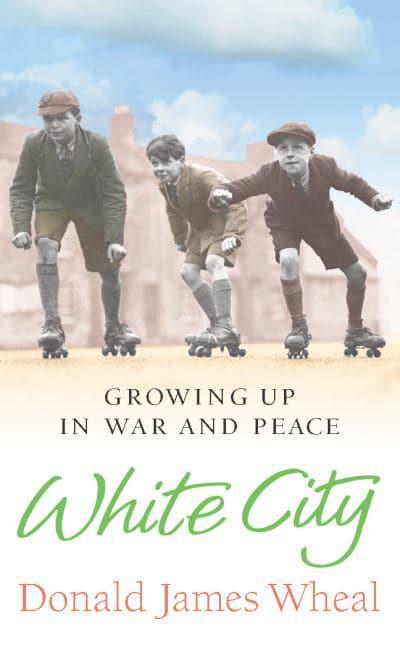
Russia in Fiction could not help thinking that The Fall of the Russian Empire would have benefited as a work of fiction from a further draft or two. Its disparate strands seem too fleeting for character development; its title and set up reveal the plot outcome and reduce narrative tension; and much that is most prescient and knowledgeable about the Soviet Union in the 1980s is presented in a rather pedestrian and didactic fashion, rather than being revealed within the story’s flow.
To a great extent though, we feel churlish criticising The Fall of the Russian Empire at all. It remains a stand-out novel from the Russia-in-fiction perspective. There is so much in there that shows knowledge not only of the geopolitics of the Soviet Union in the 1980s, but also of everyday life, the landscapes, the cityscapes, the moods, and the attitudes of that time and place.
If —as we do— Russia in Fiction indulges itself by highlighting those settings that we know from personal experience, the torching of the Rossiya Hotel and the rioting in the central square of Soviet-era Baku are evocatively drawn. And we are intrigued too by the prominent role given to the Gulag in The Fall of the Russian Empire.
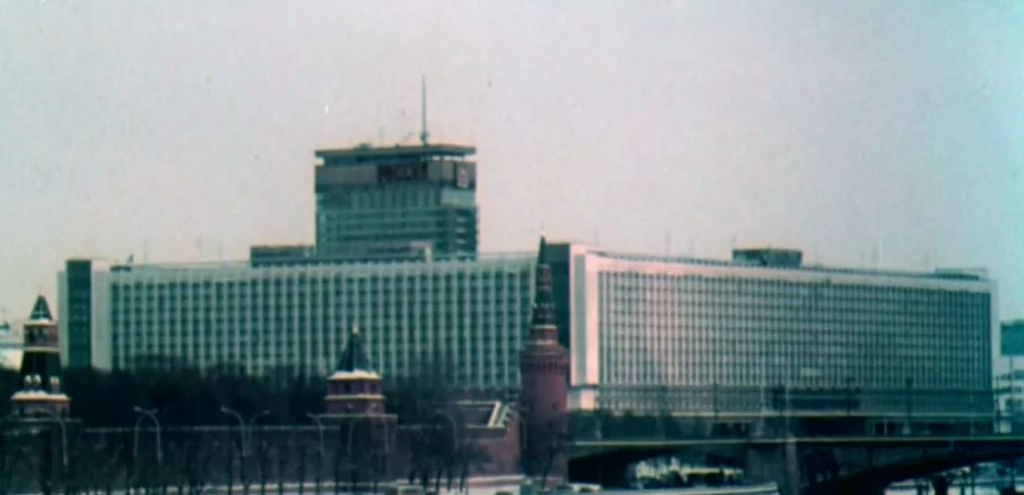
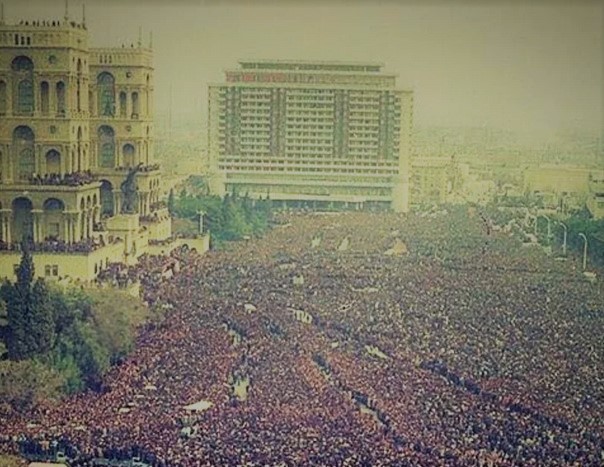
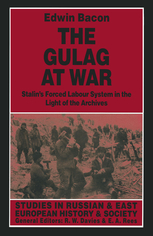
Russia in Fiction remains amazed that The Fall of the Russian Empire does not enjoy quite as high a profile as it deserves.
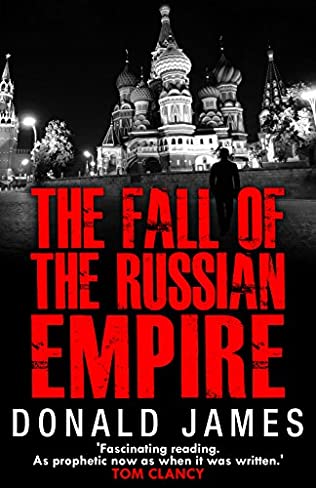
If you have never heard of it, if you have never read it, get hold of this book. It is available now as an e-book. It is a good read. But its beginning and its end and its whole reason for putative fame is its predictive insight.
There are so many examples that still stun. For example, the passage that sets out the two sides in the political debate about the post-Soviet future. One side
believed that if we could get rid of the Party bureaucracy we could establish a decent life for all. A place you could speak your mind … You’ll smile now when I tell you but we really believed a brave new democratic world was possible.
Then there was the other group. The Rodinists they began to call themselves from the Russian word Rodina, Motherland. They were the poets and music players, young men with eyes often as dark and smouldering as their nationalist passions.
They believed in Russia … While we were drawn toward the West they were repelled by it.
The fall of the Russian Empire, pp. 73-74
Pick up a textbook about Russian politics in the 1990s or the Putin years, and you would find similar overviews. Donald James set them out in 1982.
Or what about the notion that the Soviet Union might allow German reunification but on the condition that NATO did not spread eastwards? It was a Gorbachevian negotiating position in 1989-90 (even though he famously failed to get formal agreement for this condition). Maybe Gorbachev got the idea from The Fall of the Russian Empire, where it is put forward at a London conference?
Or the idea that ‘Russia for the Russians’, an old nationalist slogan from Imperial Russia, would regain currency again? It happened in early 21st century Russia in particular. And in Donald James’s 1982 novel.
Or, to remind you, the remarkable congruence of dates around the break-up of the Soviet state noted in the first part of this review?
And The Fall of the Russian Empire signs off with a speech by Russia’s new president. Not the Soviet Union’s new president, but Russia’s.
[The] President of the Russian Republic … referred, for the first time, to “the former Soviet Union.” While leaders of the one-time vassal states of the Russian Empire applauded … the new Republic actively rejected political, military or economic responsibility for any of the autonomous republics of the former Soviet Union. It proposed, however, the closest possible links … It specifically renounced any military interest in the states of Eastern Europe.
From the viewpoint of the third decade of Putin’s power, it is easy to forget that such a position was almost exactly that taken by President Yeltsin, Russia’s first post-Soviet president, in 1992. That Donald James wrote this a decade earlier, when the very phrase ‘the former Soviet Union’ was an unimaginable neologism, boggles the mind.
Part one of this review is here